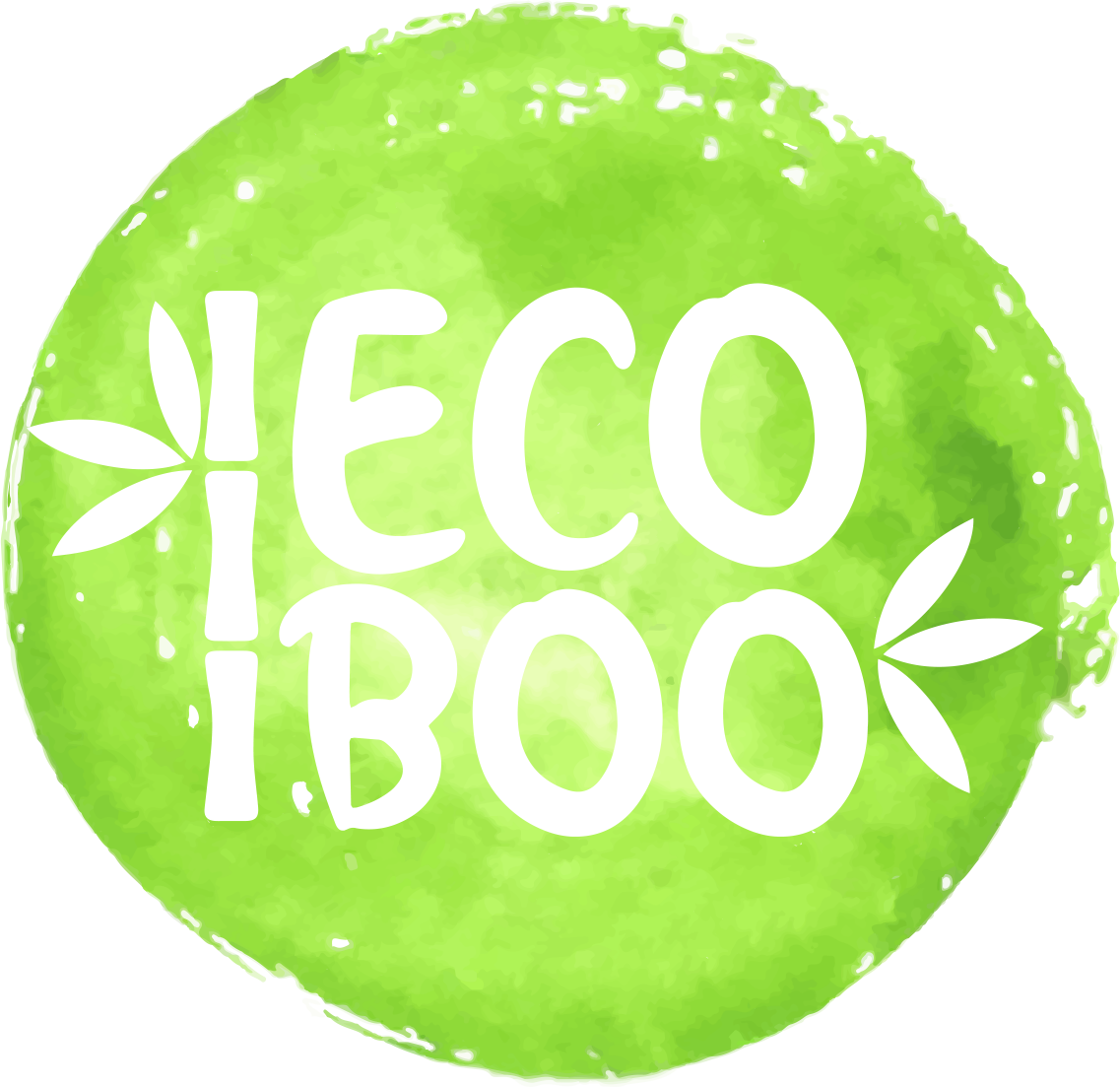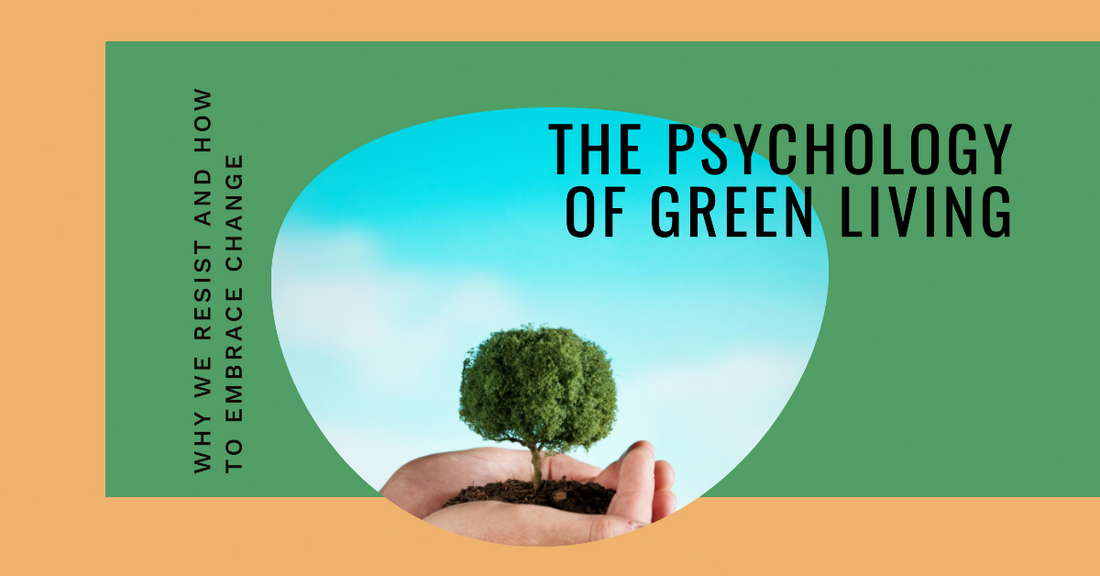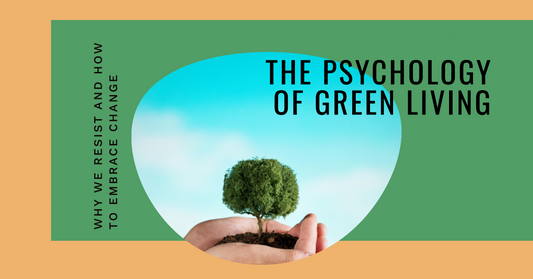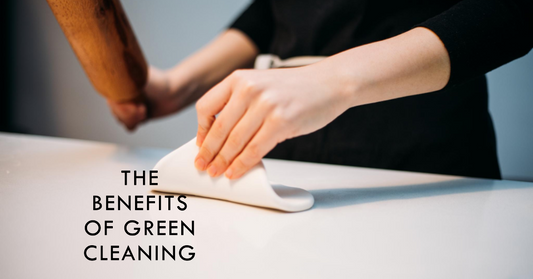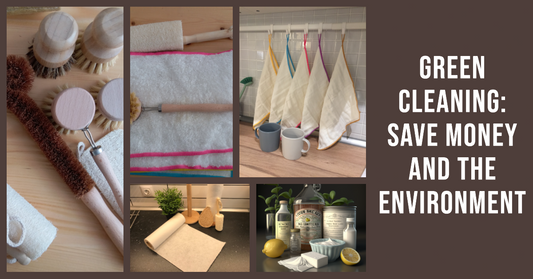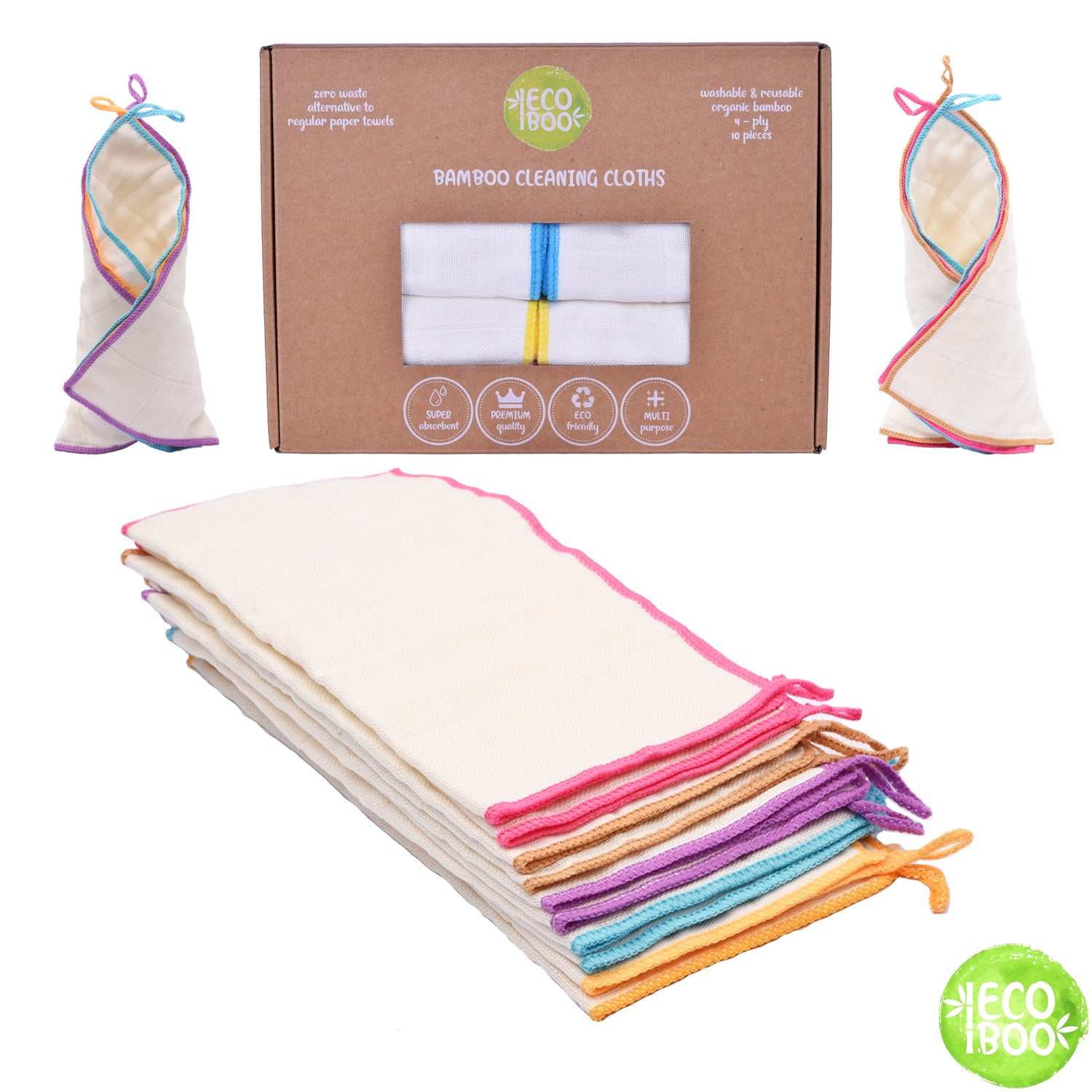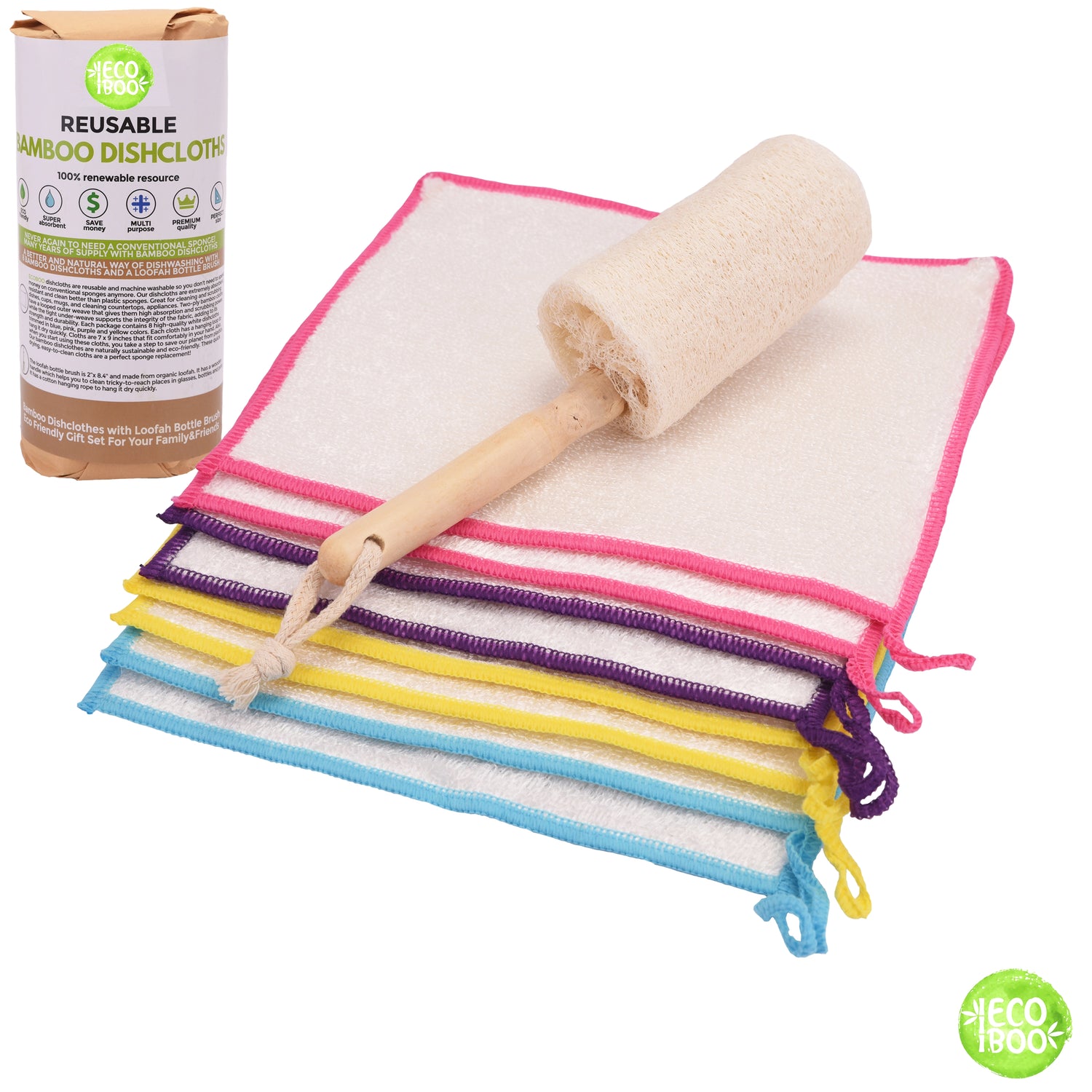I. Introduction
In the 21st century, one of the most pressing narratives has been the movement towards sustainable living.
As climate crises loom and landfills overflow, more individuals, communities, and nations recognize the dire need to tread lightly on this Earth.
However, the journey towards sustainability isn't merely about recognizing the problem and implementing solutions.
At the core of this transition lies the intricate human psyche.
Understanding why we often resist change, even when we cognitively recognize its positive impact, is pivotal in steering humanity toward a greener future.
II. The Roots of Resistance
Habitual Behavior: Humans are creatures of habit. Our daily routines, from the morning coffee we drink to the products we use to clean our homes, become so ingrained that they almost operate on autopilot. Such deep-seated habits can make the idea of switching to, say, reusable paper towels instead of traditional ones seem like a monumental shift.
Fear of the Unknown: Venturing into unknown territory is daunting. When presented with a new product or method, our initial apprehension isn't just about the product's effectiveness but also stems from a deeper, evolutionary-driven fear of the unfamiliar. This is often why, even when presented with eco-friendly cleaning alternatives, individuals hesitate to make the switch.
Perceived Inconvenience: One of the most pervasive myths surrounding green living is the idea that it's inconvenient. "Reusable means more work," some might think, or "Natural products might not clean as effectively." Such perceptions, even if unfounded, can serve as significant roadblocks in the journey to sustainable living.
III. The Power of Social Conditioning

For decades, our choices, preferences, and behaviors have been subtly (and sometimes overtly) molded by societal norms and consumer culture.
Think of the gleaming floors and spotless counters in advertisements, often achieved by the latest chemical-laden cleaning product.
The role of marketing has been instrumental in this.
Advertising campaigns often capitalize on our deepest desires and fears.
They subtly convey that a spotless home equates to success, that using a particular cleaning agent will win you admiration, or conversely, that not using it might lead to social embarrassment.
Moreover, societal norms, propagated through various media, often prioritize convenience and immediate results over long-term sustainability.
The narrative has always been skewed towards "easier, faster, better," rarely pausing to ask, "At what cost to our planet?"
This continuous barrage of messages, both overt and subliminal, shapes our preferences.
It makes us believe that the disposable paper towel is superior to its reusable counterpart or that a powerful, chemical-heavy cleaner is the only way to truly clean our homes.
IV. The Cognitive Dissonance of Green Living
Cognitive dissonance refers to the discomfort we feel when our actions do not align with our beliefs or values. In the realm of sustainable living, this is particularly evident.
Many of us cognitively understand the urgent need for eco-friendly practices, but our actions might suggest otherwise due to deep-seated habits or societal influences.
Take, for instance, the case of traditional paper towels vs. bamboo paper towels.
While bamboo options are sustainable, biodegradable, and can significantly reduce waste, many still gravitate towards traditional ones.
It's not always because they believe the latter is superior but often because it's what they're used to.
This creates an internal conflict: a person may feel guilt or unease using disposable towels, knowing its environmental repercussions, but continues to do so out of convenience or habit.
V. The Rewards of Sustainable Living

Emotional Satisfaction: There's a profound emotional reward in knowing you're making choices that benefit the Earth. This intrinsic motivation, the joy of doing good, can make the journey to green living deeply fulfilling.
Physical Health: By moving away from conventional, often chemical-rich cleaning products, individuals not only contribute to a healthier environment but also reduce their exposure to substances that might be detrimental to their health in the long run.
Economic Benefits: Think of how many single-use products you might purchase over a year compared to a durable, reusable alternative. Over time, products like those from Ecoboo not only save the planet but also save money. It's an investment that pays off in more ways than one.
VI. Embracing Change: Steps Forward
Education: Misinformation or lack of knowledge can be significant barriers. Whether it's understanding the true impact of disposable products or the efficiency of natural cleaners, education is the first step to dispelling myths and embracing green living fully.
Community Engagement: Humans, by nature, are social beings. When we see our peers adopting sustainable practices, it not only validates these choices but also motivates us to follow suit. Engaging in or forming eco-conscious communities can have a ripple effect, making sustainable choices the norm rather than the exception.
Baby Steps: Rome wasn't built in a day, and neither is a sustainable lifestyle. Starting with manageable changes can make the transition less overwhelming. Maybe it begins with switching to bamboo paper towels or using a loofah sponge. Each small step is a stride towards a greener future.
VII. Ecoboo's Role in Facilitating Sustainable Choices

Ecoboo stands at the intersection of innovation and sustainability, offering products that seamlessly blend into modern lifestyles while advocating for eco-consciousness.
The design and utility of items like bamboo paper towels and loofah sponges are a testament to the idea that green living needn't be a cumbersome shift; it can be a seamless, beneficial integration.
Testimonials: Anna, a mother of two from Texas, shares, "I was skeptical about changing my cleaning routine. But after trying Ecoboo's bamboo paper towels, not only am I reducing waste, but I genuinely feel these work better than the regular ones!"
Mark, a bachelor from Seattle, remarks, "I never realized how much trash I generated until I swapped to Ecoboo. The loofah sponge was a game-changer for my kitchen. My small steps towards sustainability suddenly feel monumental."
VIII. Strategies to Overcome Psychological Barriers
Reframing Mindsets: Green living is not about sacrifice; it's about evolution. It's about progressing into a future that values resources and understands the delicate balance of our ecosystem. Changing this narrative can help dispel the notion that eco-friendliness is a step back, showing it as the leap forward it truly is.
Building Sustainable Habits: Begin with one habit at a time. Maybe start by replacing disposable kitchen towels with reusable bamboo ones. Over time, as this becomes routine, introduce another sustainable practice. Gradually, these choices become an ingrained part of one's lifestyle.
Positive Reinforcement: Every time you make an eco-friendly choice, you're not just helping the environment; you're also contributing to a larger global movement. Celebrate these moments, whether it's a month without disposable products or mastering a DIY cleaning solution. Each victory, no matter how small, propel you and the planet toward a better future.
IX. Conclusion
In the vast expanse of human history, it's only recently that we've become disconnected from the planet that sustains us.
But it's heartening to see a resurgence of consciousness, an awakening to the importance of sustainable living.
Each individual has the power to make a difference, and collectively, our choices can shape the future.
Dive into introspection, challenge the status quo, and remember that with allies like Ecoboo, the journey to a green lifestyle becomes not just feasible, but also enriching.
Let's make the world a cleaner, greener place, one sustainable choice at a time.
